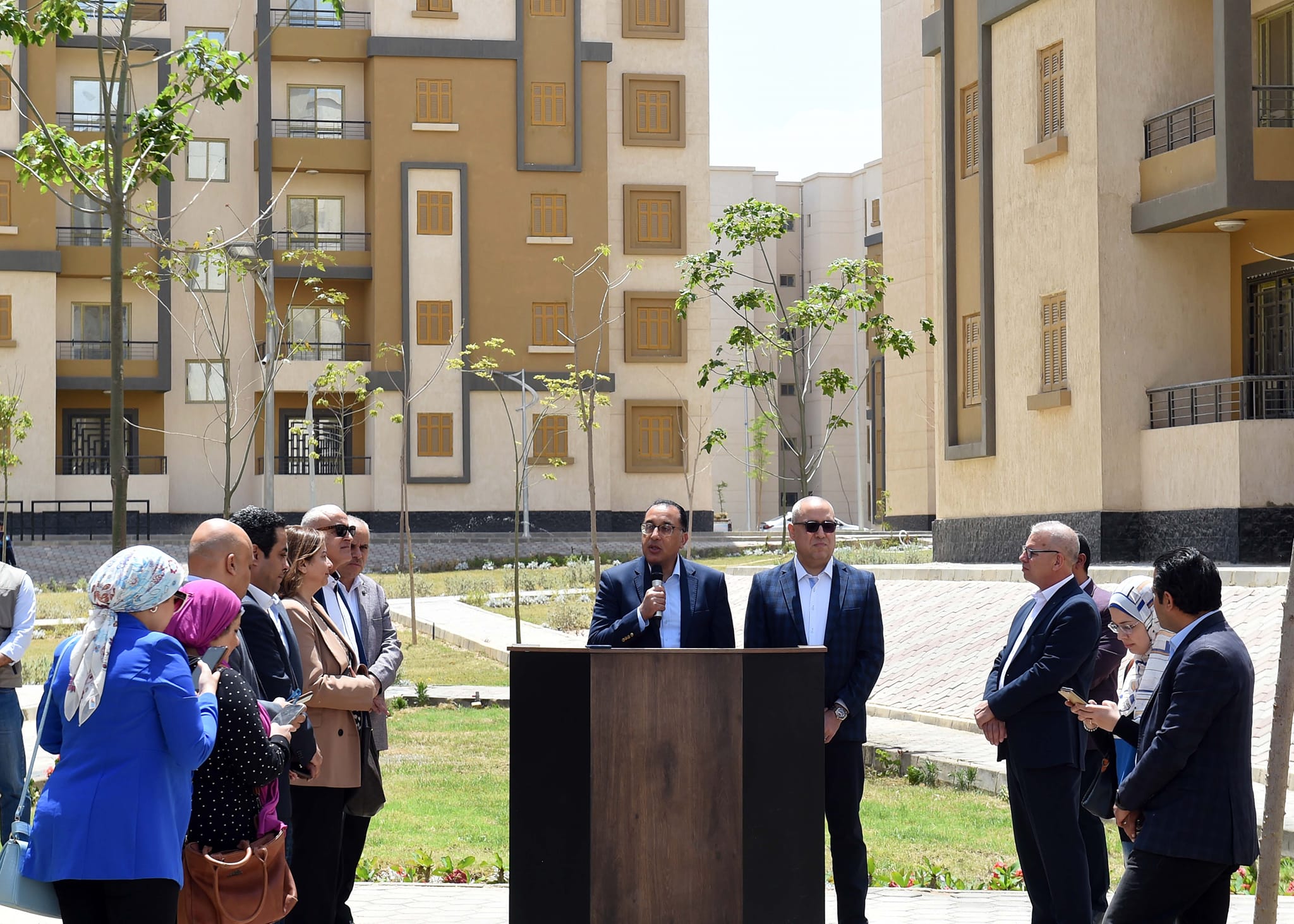Egypt “has not failed and will not fail” to pay its international debts, said Prime Minister Mostafa Madbouly in a press conference in New Obour City on Saturday, 29 April. The prime minister also said that seeing through commitments is a cornerstone of Egyptian policy, as well as the “state’s ideology.” Madoubly added that Egypt respects all of its commitments and that his claims are backed by the fact that “we [the government] have not, until this moment, delayed repaying any of our obligations”. Madbouly’s statements come days after Bloomberg published an article claiming that Egypt is facing dire financial straits, with the possibility of missing debt repayments increasing, investors losing confidence, and partners growing increasingly impatient. In the press conference, Madbouly mentioned “reports” questioning Egypt’s ability to repay its loans, stressing that these reports were specific to a period of economic shock due to the Russia-Ukraine war. One specific report claimed that Egypt would not have passed 2022 without failing to repay its debt obligations, according to Madbouly, who said that “[our position] today is the biggest proof that we could get past the situation.” The Prime Minister said…



